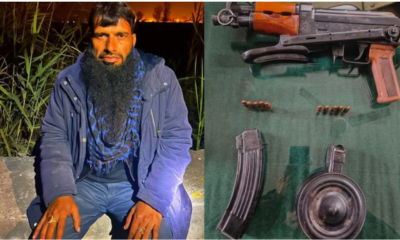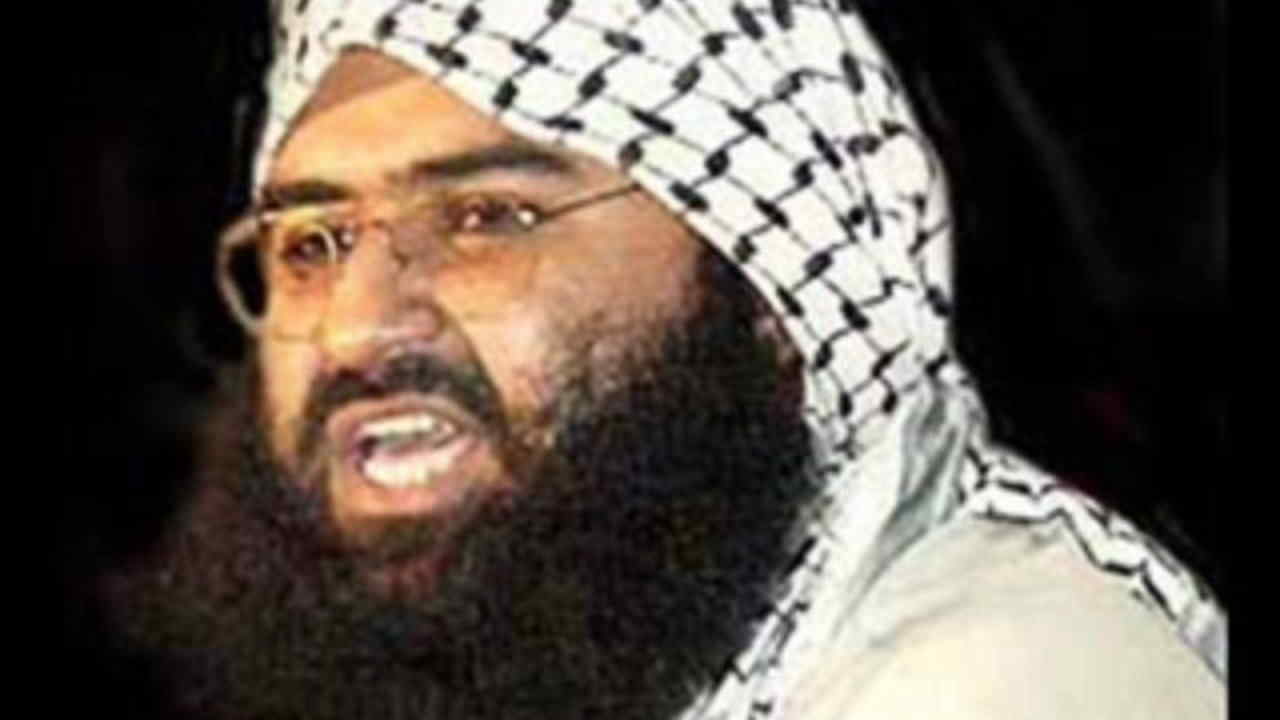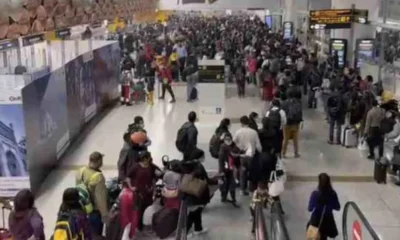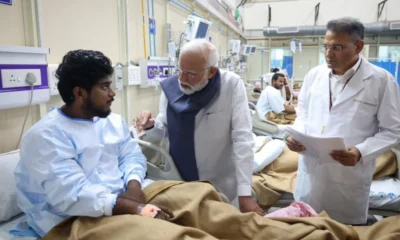[vc_row][vc_column][vc_column_text]Although the move to get Jaish-e-Mohammed (JeM) founder and leader Azhar Masood designated as ‘global terrorist’ was blocked by China in UN Security Council, France – which had moved the proposal with UK and US – has decided to freeze his assets in its country.
France said it will also raise the issue with its European partners to include Masood on the European Union (EU) list of people suspected of being involved in terrorism. Masood’s JeM had claimed responsibility for the February 14 attack in Kashmir’s Pulwama in which 40 CRPF soldiers were killed.
Expressing its support for India, France said it has always been and always will be by India’s side in the fight against terrorism.
France had first moved the proposal in the UNSC to list Azhar as a designated global terrorist in the wake of the Pulwama attack. The move found as many as 13 co-sponsors: aside from the US and UK among the other permanent members of the Security Council, 10 non-permanent and non-member countries also joined the proposal as co-sponsors.
However, for the fourth time in 10 years, China stalled, at Pakistan’s behest, India’s bid to list the Jaish chief as a global terrorist at the United Nations Security Council.
Barely an hour before the deadline was to expire at 3 pm New York time — 12.30 am IST — China placed a technical hold.
The proposal will now be in deep freeze for the next six months, and if there is a hold again, for three months. Thereafter, Beijing will have to either lift the hold or block the listing again. In the next nine months, member countries can provide information to the committee for lifting the hold, and Azhar can still be listed.
While the move by China thwarted India’s efforts to get Masood listed as a global terrorist at the UN, it made other diplomatic gains. In any case, few were expecting China to change its stand.
India was able to rally an unprecedented international consensus in favour of blacklisting Masood.
For the first time since 2009, when India first tried to list Masood Azhar as a global terrorist under the UNSC Resolution 1267 sanctions committee, India got 13 co-sponsors for the proposal.
These include seven members of the UN Security Council — the three permanent members US, UK and France; four non-permanent members Germany, Poland, Belgium and Equatorial Guinea and, among UN members who are not in Security Council but who co-sponsored the proposal, were six countries: Japan, Australia, Italy, Bangladesh, Maldives and Bhutan.
What is significant is that the Quad members — US, Japan and Australia — co-sponsored the proposal in a sign of strategic alignment on the issue of terrorism.
This was incremental in nature since it was only in 2017 that India asked P-3 countries, US, UK and France to move the proposal. In 2016 and 2009, it was India which had moved the proposal.
India’s Permanent Representative at the UN Syed Akbaruddin tweeted: “Big, Small & Many…1 big state holds up, again …1 small signal @UN against terror. Grateful to the many states — big & small — who in unprecedented numbers, joined as co-sponsors of the effort.”
The MEA acknowledged this: “We are grateful for the efforts of the Member States who moved the designation proposal and the unprecedented number of all other Security Council members as well as non-members who joined as co-sponsors.”
That’s not all. Last month, a week after the February 14 Pulwama attack, China had signed off on a UNSC statement that “condemned in the strongest terms” the terror attack and, in fact, named Pak-based Jaish-e-Mohammad for the “heinous and cowardly suicide bombing”.
This was significant considering China blocked the listing of JeM chief Masood as a “global terrorist”.
India has also been able to mount pressure on the Financial Action Task Force (FATF) which has asked Pakistan to take concrete action against terrorist financing or face a “blacklist”.[/vc_column_text][/vc_column][/vc_row]


 Latest world news14 hours ago
Latest world news14 hours ago
 Latest world news14 hours ago
Latest world news14 hours ago
 India News14 hours ago
India News14 hours ago
 Latest world news13 hours ago
Latest world news13 hours ago
 India News13 hours ago
India News13 hours ago














